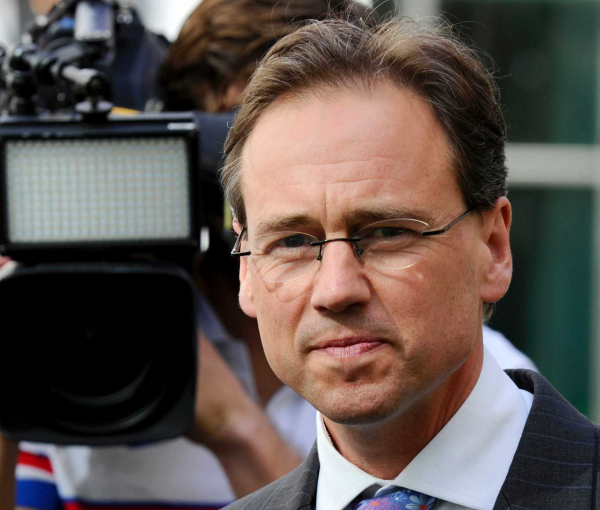Health Minister Greg Hunt has launched a $15 million competitive grant round to support local clinical trials exploring the use of potential combination therapies for the treatment of mental illnesses.
It is estimated four million Australians experience a mental health disorder each year and that almost half of all Australians will be affected at some point in their lifetime.
The most prevalent mental illnesses are anxiety disorders - affecting more than 14 per cent of adults each year - depression and substance abuse disorders. Evidence also suggests that up to 12 per cent of Australians experience post-traumatic stress disorder PTSD) during their lifetime
It is thought that many of the standard treatments have varied efficacy and recovery rates.
However, according to Minister Hunt, there is an emerging body of international evidence that shows that substances such as ketamine, psilocybin, and 3,4-methylenedioxymethamphetamine (MDMA), when used in a controlled environment, can offer a promising new approach to effectively treating mental illnesses that are resistant to first-line treatments.
Minister Hunt said the government’s $15 million 'Innovative Therapies for Mental Illness Grant Opportunity' under the Medical Research Future Fund (MRFF) is designed to accelerate efforts by supporting Australian-led research into the use of these approaches to combat resistant illnesses such as PTSD, major depressive disorder, addiction disorders and eating disorders.
“The early results of trials in Australia and internationally are extremely encouraging, but more research is desperately needed before these approaches can be used by psychiatrists outside of controlled clinical trials. It is vital that we continue to support the search for new and better treatments for mental illness,” said Mr Hunbt.
“This grant opportunity will boost local research into potentially life-saving therapies and offers hope all those suffering from mental illness, including our Veterans and emergency service personnel dealing with the devastating effects of PTSD.”
